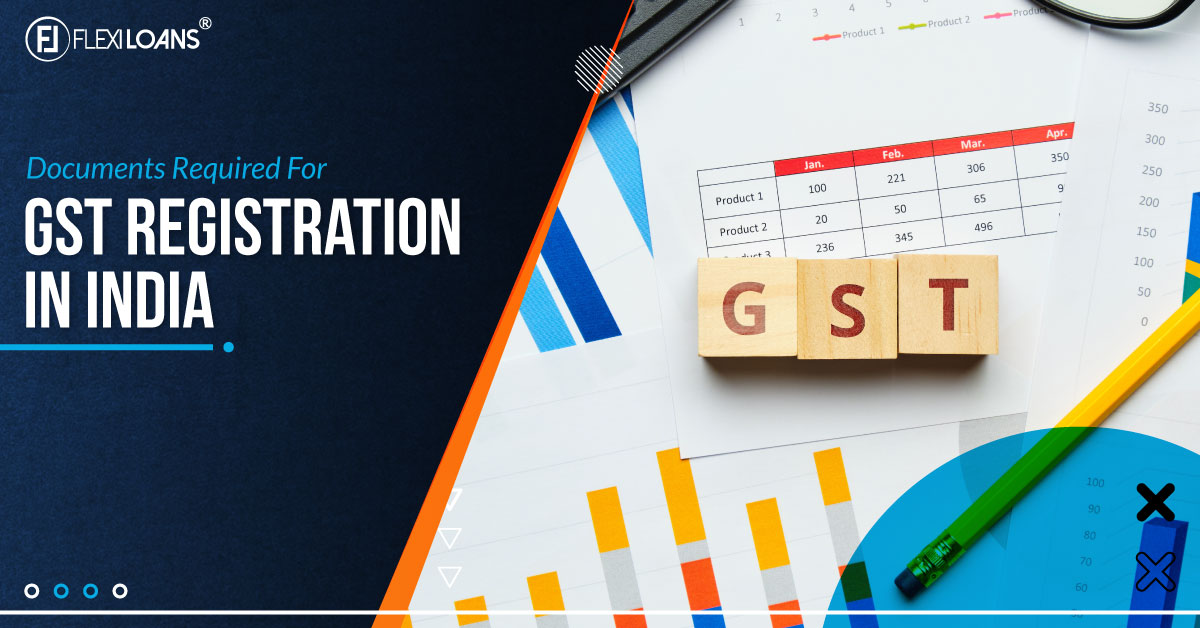Leading Tips for a Smooth Singapore GST Registration Experience
Leading Tips for a Smooth Singapore GST Registration Experience
Blog Article
Maximizing Tax Obligation Effectiveness: Expert Tips on Browsing the GST Registration Maze for Tiny Services
Browsing the intricate landscape of Goods and Provider Tax Obligation (GST) enrollment can be a labyrinthine task for small companies intending to optimize their tax obligation performance. In this discussion, we will discover expert understandings and workable guidance that can empower tiny companies to navigate the GST enrollment maze properly and enhance their tax obligation performance.
Qualification Standards
Eligibility requirements for Small company GST Registration include particular criteria that companies must meet to abide by tax policies. To receive GST enrollment, a company must have a yearly turnover surpassing the limit set by the tax authorities, which varies by nation. In addition, organizations involved in inter-state supply of items or services, or those offering products online, may be needed to register for GST, irrespective of their turnover. It is crucial for companies to accurately establish their eligibility based on these turn over thresholds to stay clear of fines for non-compliance. Singapore GST Registration.

Paperwork Requirements
To effectively finish the procedure of GST registration, local business must ensure they have all needed documents in order. The required paperwork usually consists of proof of organization registration or identification, address and consolidation evidence of the business owner, pictures, financial institution account information, and proof of the major place of service. Furthermore, businesses require to offer details of their service tasks, consisting of the services or products supplied. It is essential to make sure that all documents are exact, approximately date, and in the specified layout to avoid hold-ups or beings rejected during the registration process.
Keeping all required documentation arranged and readily available can simplify the registration process and aid companies comply with the requirements effectively. Thorough focus to detail and adherence to the documentation standards are essential for an effective GST registration process for little businesses.
Timing Factors To Consider
Considering the necessary paperwork demands have actually been diligently addressed, the next crucial facet for tiny services starting the GST registration process is the calculated management of timing considerations. Timing plays a crucial duty in GST enrollment, influencing not just compliance however also financial aspects of the company. Small companies require to very carefully plan the timing of their GST enrollment to make the most of advantages and decrease prospective risks.

Moreover, services need to line up the timing of their GST registration with their functional readiness. Sufficient prep work, such as upgrading audit systems and training team, is important to flawlessly integrate GST demands into everyday operations. By purposefully handling timing factors to consider, small companies can navigate the GST registration process successfully and enhance their tax obligation effectiveness.
Enrollment Refine Tips
Efficiently navigating the GST registration process needs small companies to execute calculated and positive registration process tips. This includes company registration files, evidence of address, bank declarations, and identification proofs of the business proprietors.
In addition, recognizing the limits and needs for GST enrollment based upon the certain state or area where business runs is crucial. Some states have different turnover limits that activate compulsory registration, so being informed regarding these limits can assist services prepare in advance.
An additional important suggestion is to think about looking for expert support from accountants or tax experts who specialize in GST registration. Their expertise can enhance the procedure, lower mistakes, and guarantee compliance with all policies.
Conformity Ideal Practices
Browsing the GST enrollment procedure efficiently demands not only critical enrollment procedure tips yet additionally diligent adherence to compliance finest practices to make certain recurring regulatory placement. Small companies must focus on compliance to stay clear of fines and keep an Source excellent standing with tax obligation authorities. One critical ideal practice is to keep precise and in-depth records of all deals. This consists of invoices, receipts, and various other monetary documents that may be needed for tax obligation audits or conformity checks. Additionally, you could try these out remaining notified regarding any kind of updates or adjustments to GST laws is vital. Tiny organization owners ought to frequently examine federal government guidelines and seek expert guidance if needed to guarantee they are fulfilling all requirements. It is additionally advised to file GST returns on schedule to avoid late fees and fines. By including these conformity ideal practices into their procedures, small services can browse the intricacies of GST enrollment with confidence and performance.
Conclusion
To conclude, tiny companies can browse the GST enrollment labyrinth by ensuring they meet eligibility standards, collect required paperwork, consider timing implications, comply with enrollment procedure suggestions, and follow conformity finest practices. By taking full advantage of tax efficiency via proper GST registration, organizations can boost their economic monitoring and operations.
Navigating the detailed landscape of Goods and Provider Tax (GST) enrollment can be a labyrinthine job for little businesses aiming to maximize their tax performance.Eligibility needs for Small Service GST Enrollment encompass details standards that companies should fulfill to abide with tax obligation laws. The called for paperwork normally includes proof of business enrollment or address, incorporation and identification evidence of the organization owner, photos, financial institution account details, and evidence of the major location of company. Additionally, content organizations need to offer details of their company activities, including the goods or services supplied.Successfully browsing the GST enrollment process needs tiny organizations to carry out positive and critical enrollment process suggestions.
Report this page